What Is an Electronic Payment (E-Payment) System & How Does It Work?
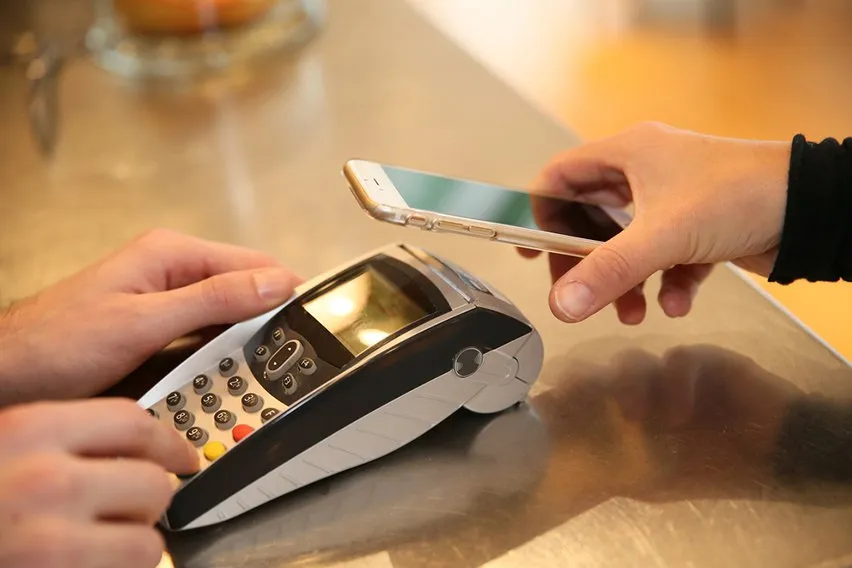
The way we pay for goods and services is changing.
We’ve all heard of the phrase “Cash is King”, but with the rise of electronic payments, we’re seeing a dethroning of the almighty cash.
Consumers want convenience. It’s a plain and simple truth. And it’s this truth that is one of the main reasons why online shopping is continuing to grow in popularity.
Millennials and Gen Xers are the two generations that make up the majority of the United States population. A recent study showed that these two generations spend around six hours per week shopping online.
This just goes to show that there is a huge audience for business to expand their presence and increase their revenue online. But to get started you’ll need an electronic payment system.
But what exactly is an electronic payment system and how does it work? Read on to find out…
Here’s What We’ll Cover:
What Is an Electronic Payment System?
How Do Electronic Payment Systems Work?
Are Electronic Payment Systems Secure?
What Is an Electronic Payment System?
Simply put, electronic payments allow customers to pay for goods and services electronically. This is without the use of checks or cash.
Normally e-payment is done via debit cards, credit cards or direct bank deposits. But there are also other alternative payment methods such as e-wallets and cryptocurrencies.
So if you’re looking to move your business online and create an online store, you’ll need to have an eCommerce payment system in place to accept payments online.

Common Methods of E-Payment
As mentioned above, there are a number of ways to carry out an electronic payment. Here are some of the more common methods.
Credit or Debit Card Payments – When paying by card, an electronic payment device initiates the online payment transfer. The consumer will have to fill out their card details and have their transfer cleared by their bank.
Internet Banking – This is done by digitally transferring funds over the internet from one bank account to another. This method tends to be used by smaller businesses or freelance workers.
Direct Debit – Direct debit transactions transfer funds from a customer’s account with the help of a third party.
E-Wallet – An E-Wallet is a form of prepaid account where the customer’s account information is stored electronically. This means you can quickly and seamlessly pay for goods online without having to constantly fill out your information.
Store Credit Card – A store credit card is a card that has a prepaid monetary value. A more common name for this type of payment is a gift card.
Also Read: How to Receive Money from International Clients
How Do Electronic Payment Systems Work?
Electronic payment transactions are divided into two types:
- One-time Vendor Payments – These are commonly used on eCommerce websites such as Shopify, Amazon and Etsy. A cardholder will type in the card or banking information when they reach the store’s checkout page. This information will then be approved by their bank if the information is correct and they have sufficient funds.
- Recurring Customer Vendor Payments – These payments are used when the cardholder is paying for goods or services on a regular basis. Instead of entering your details each time, you enter them once and opt-in for a recurring billing option. This tends to be used for subscription services, paying for bills or for businesses such as insurance agencies. To streamline this process, you can automate these recurring billings. For more insights, check out our post on Automatic Payment Services for Small Businesses.

Are Electronic Payment Systems Secure?
Credit card fraud is a common crime. That’s why credit card security is so closely monitored.
Almost every bank and store have built-in security measures that regularly check that the cardholder is who they say they are.
But as with any online payment method, there are risks involved.
Key Takeaways
Any business that wants to take their goods or services online needs a strong and secure electronic payment system.
FreshBooks Payments is a solution that makes it easier for your clients to process online transactions. That means you can get paid twice as fast.
They offer simple pricing, the software is secure and easy to use and there are no hidden costs.
Are you looking for more business advice on everything from starting a new business to new business practices?
Then check out the FreshBooks Resource Hub.
RELATED ARTICLES

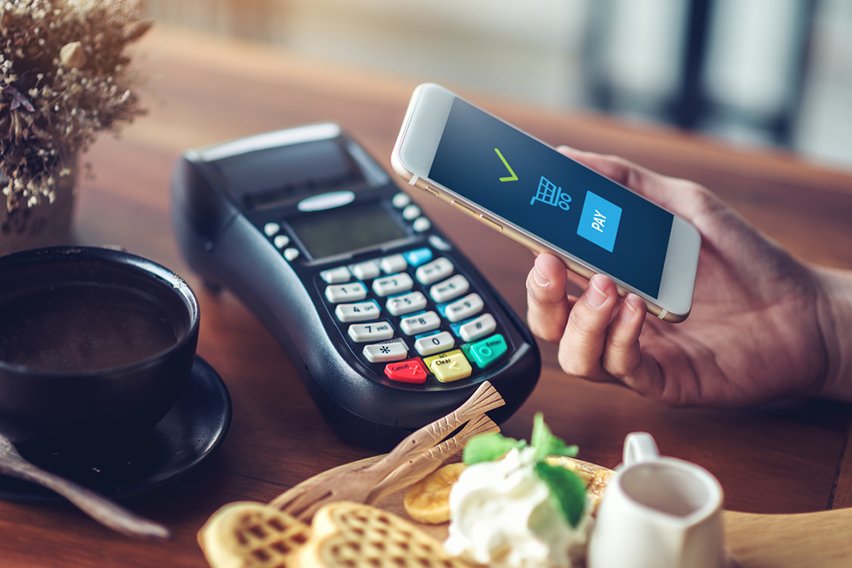 Stripe vs Moolah: A Detailed Comparison (Reviews & Pricing)
Stripe vs Moolah: A Detailed Comparison (Reviews & Pricing)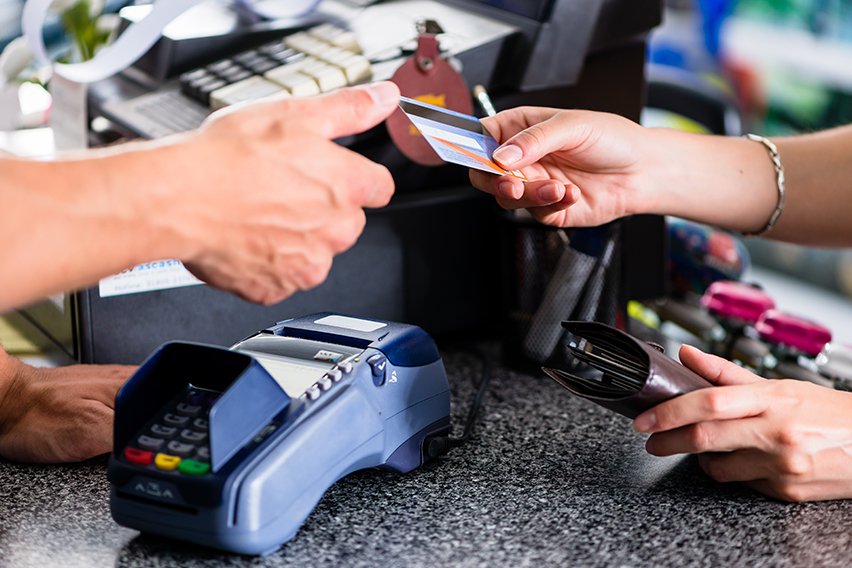 Recurly Vs Stripe: What’s the Difference?
Recurly Vs Stripe: What’s the Difference?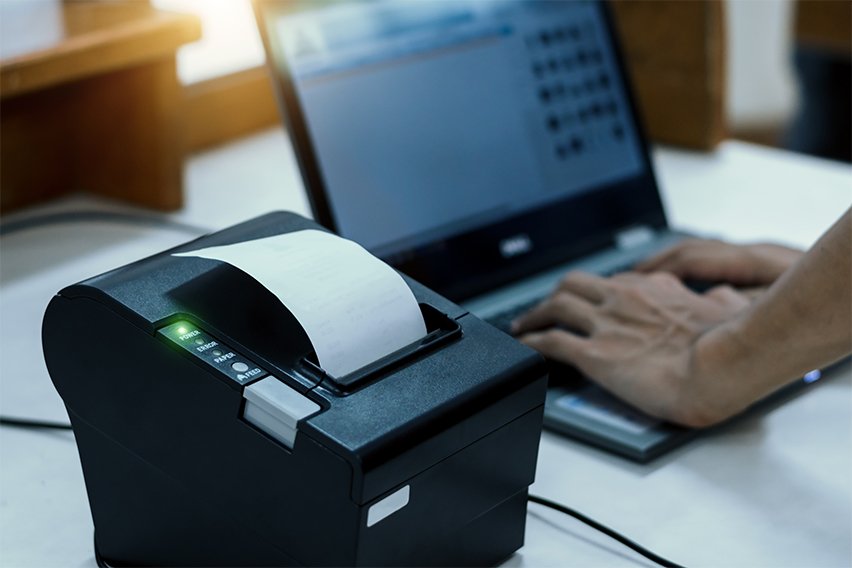 How to Print Receipts: 3 Steps
How to Print Receipts: 3 Steps 3 Best Online Payment Processing Software
3 Best Online Payment Processing Software What Are Integrated Payments? How Do They Work & Benefit Business
What Are Integrated Payments? How Do They Work & Benefit Business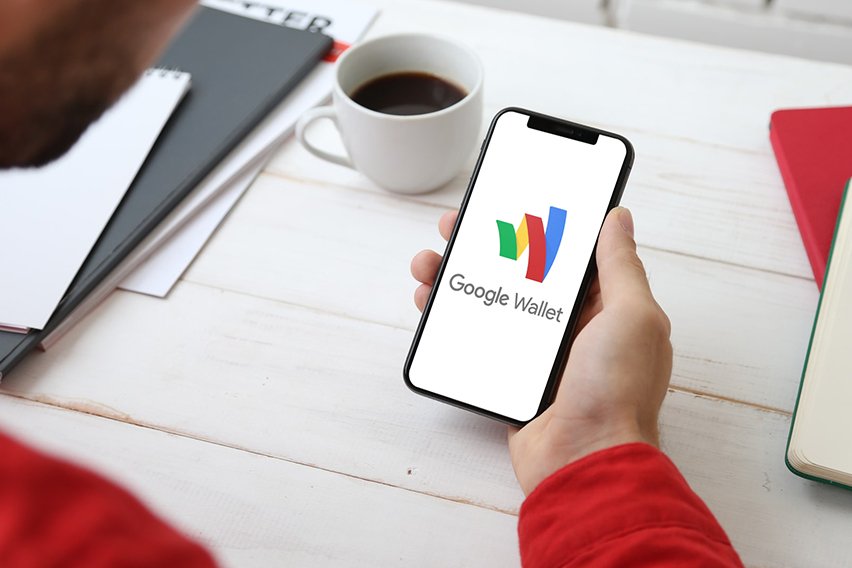 7 Best Digital Wallet Apps You Need to Know
7 Best Digital Wallet Apps You Need to Know